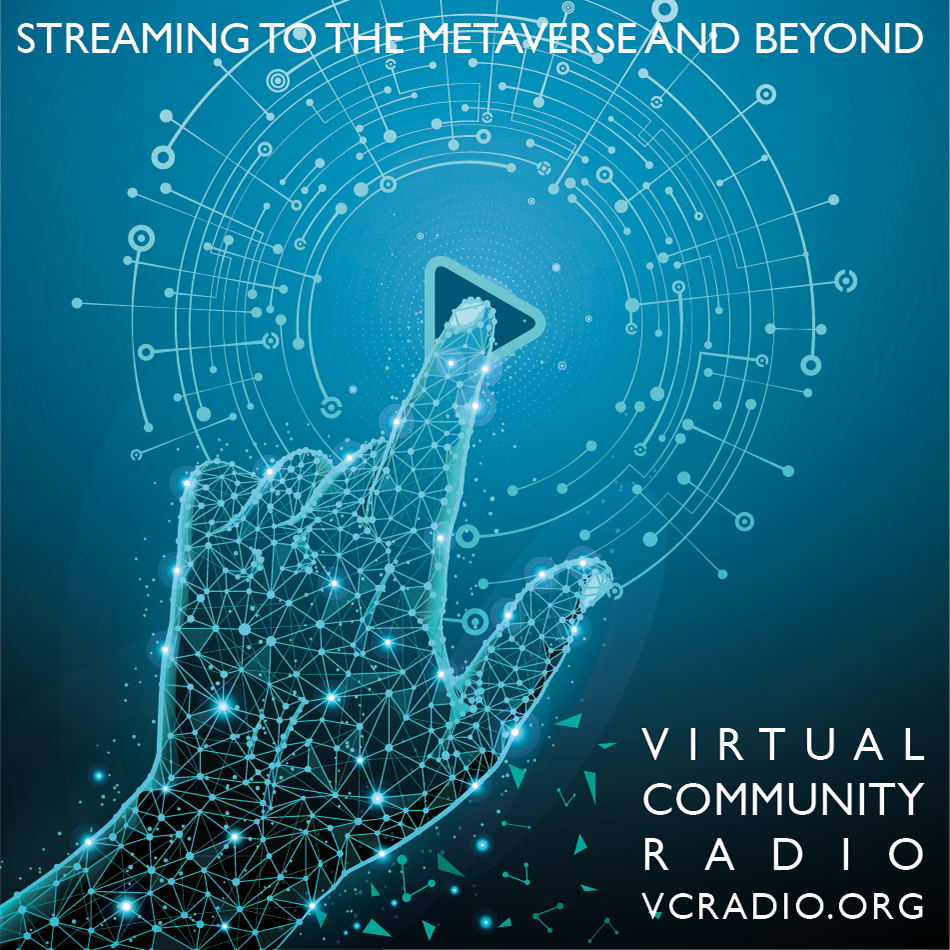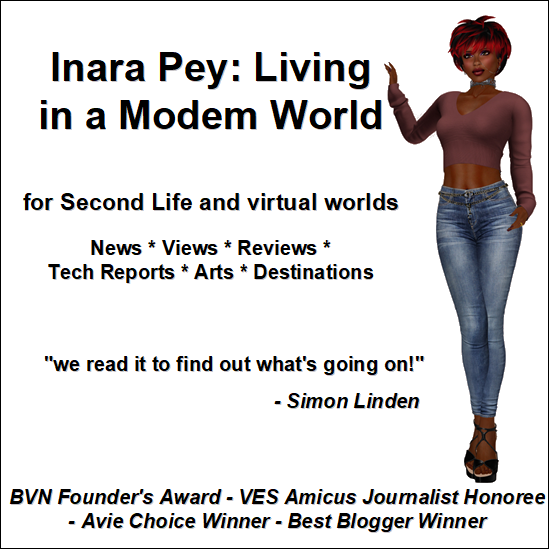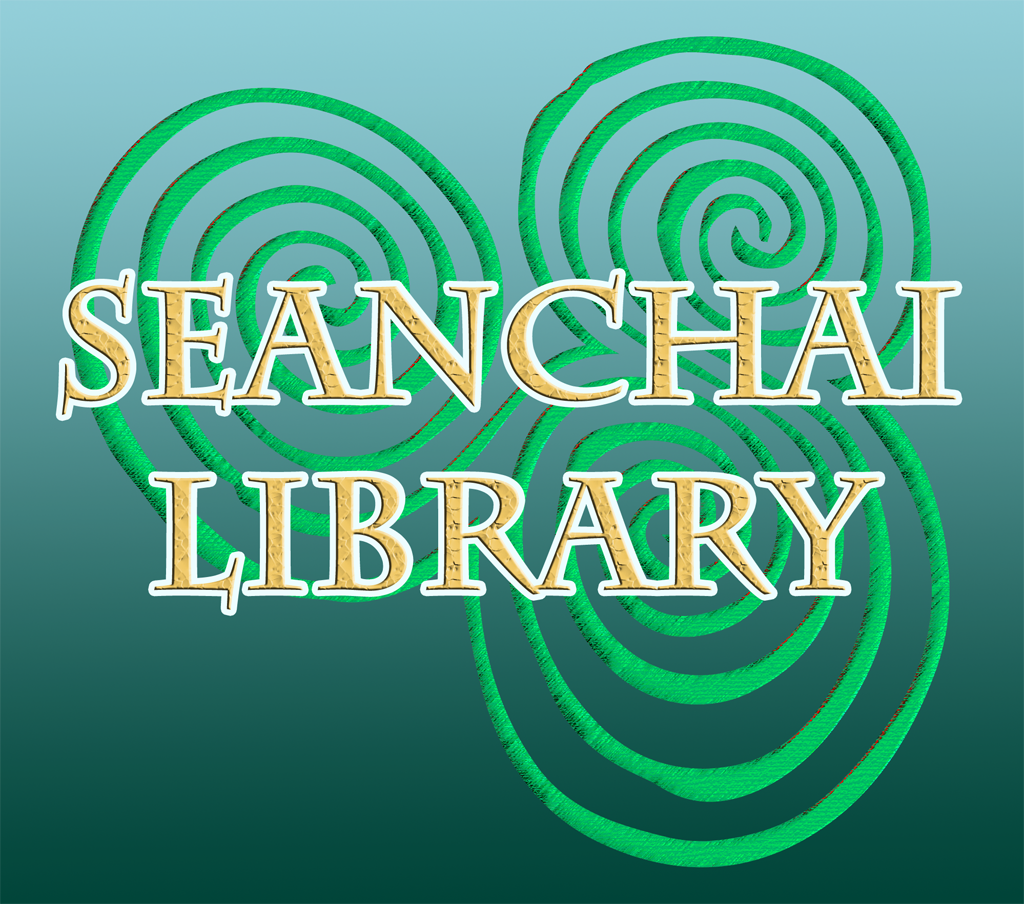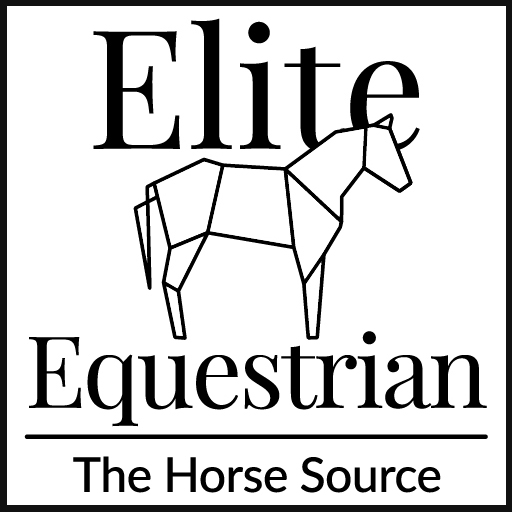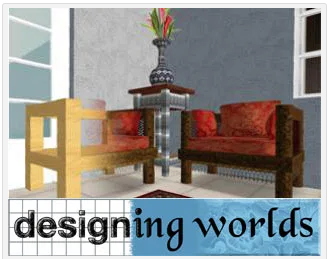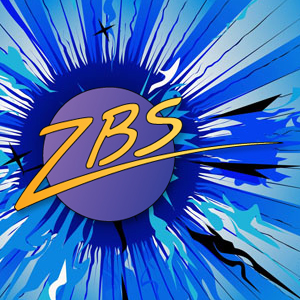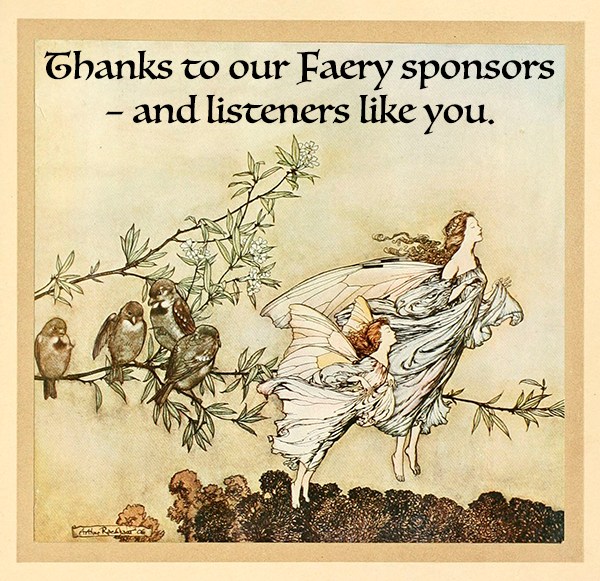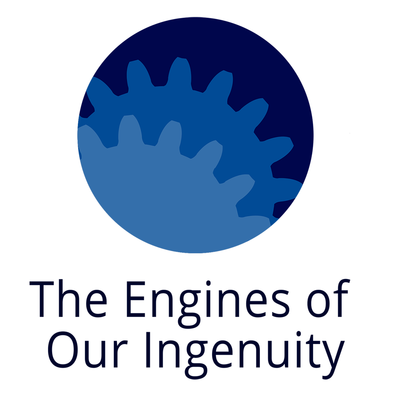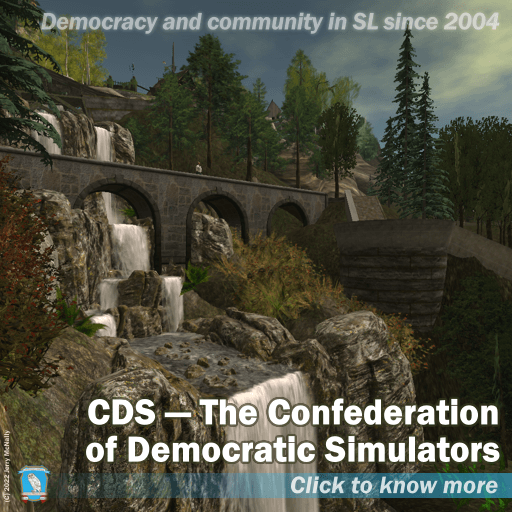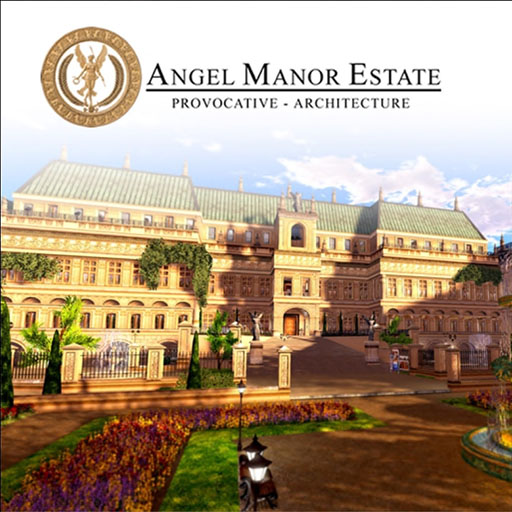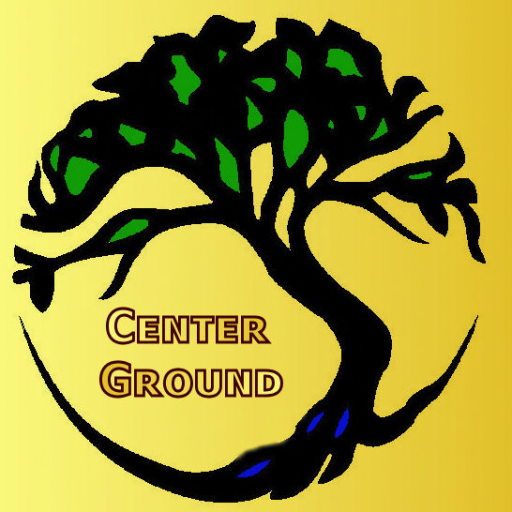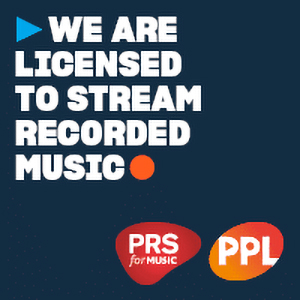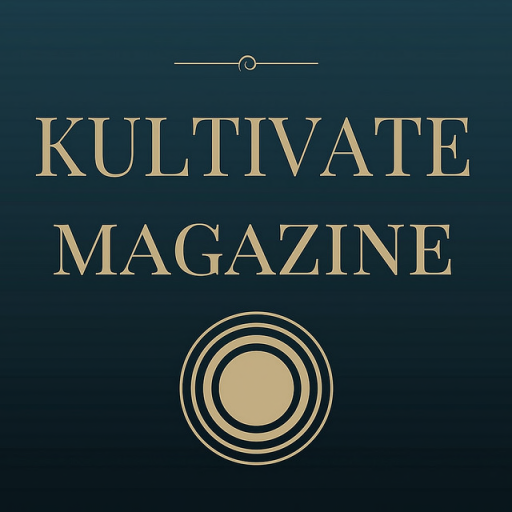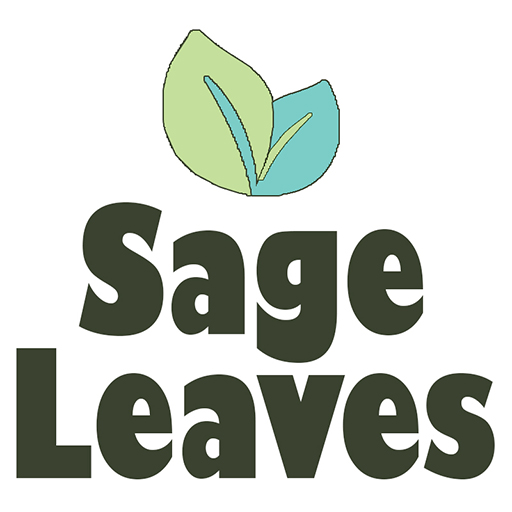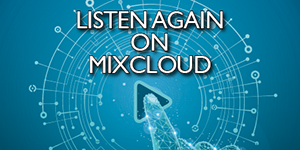Music of the Baroque
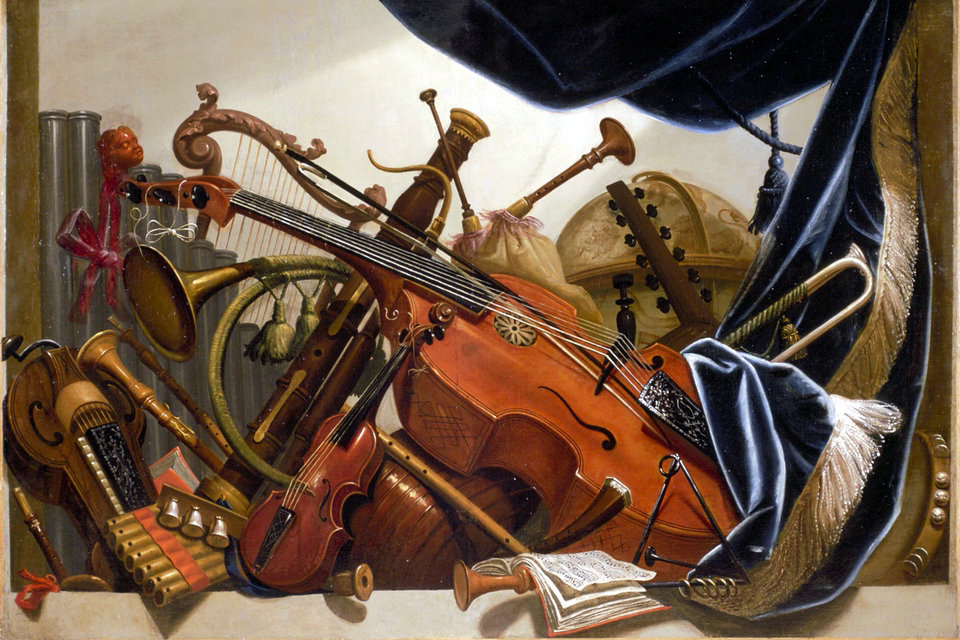
Today, Wednesday November 9th, we explore the music of the Baroque era. We’ll be including the work of a wide range of composers, with a particular emphasis this time on the work of J S Bach..
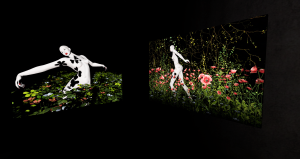 And at 12 noon and 4pm Pacific Time/SLT, tune in for the latest episode of “Where Have You Been?”, where this time we visit the Terrygold Art Gallery
And at 12 noon and 4pm Pacific Time/SLT, tune in for the latest episode of “Where Have You Been?”, where this time we visit the Terrygold Art Gallery
Plus, every four hours from 4am Pacific/noon in the UK, tune in for “The Engines of Our Ingenuity”, from the University of Houston, about the machines that make our civilization run and the people whose ingenuity created them.
Says Wikipedia on the music of the Baroque:
Baroque music is a period or style of Western music composed from approximately 1600 to 1750. This era followed the Renaissance music era, and was followed in turn by the Classical era, with the galant style marking the transition between Baroque and Classical eras.
The Baroque period is divided into three major phases: early, middle, and late. Overlapping in time, they are conventionally dated from 1580 to 1650, from 1630 to 1700, and from 1680 to 1750.
Baroque music forms a major portion of the “classical music” canon, and is now widely studied, performed, and listened to. The term “baroque” comes from the Portuguese word barroco, meaning “misshapen pearl”.
Key composers of the Baroque era include Johann Sebastian Bach, Antonio Vivaldi, George Frideric Handel, Claudio Monteverdi, Domenico Scarlatti, Alessandro Scarlatti, Henry Purcell, Georg Philipp Telemann, Jean-Baptiste Lully, Jean-Philippe Rameau, Marc-Antoine Charpentier, Arcangelo Corelli, François Couperin, Giuseppe Tartini, Heinrich Schütz, Jan Pieterszoon Sweelinck, Dieterich Buxtehude, and others, and you will hear many of them today.


